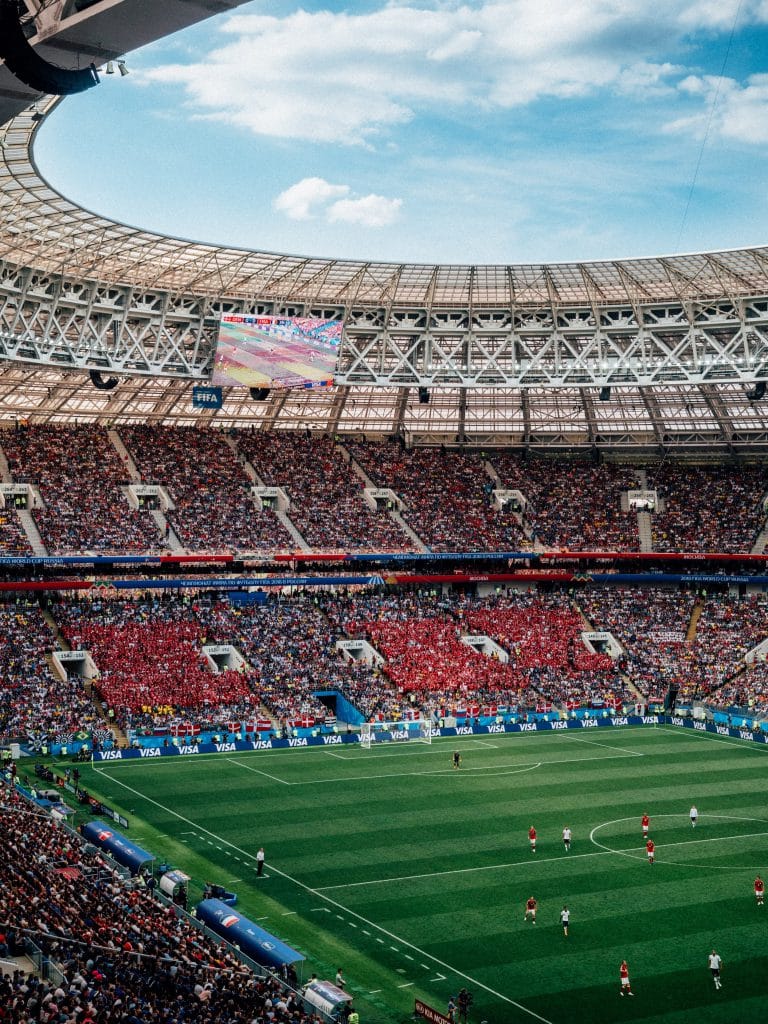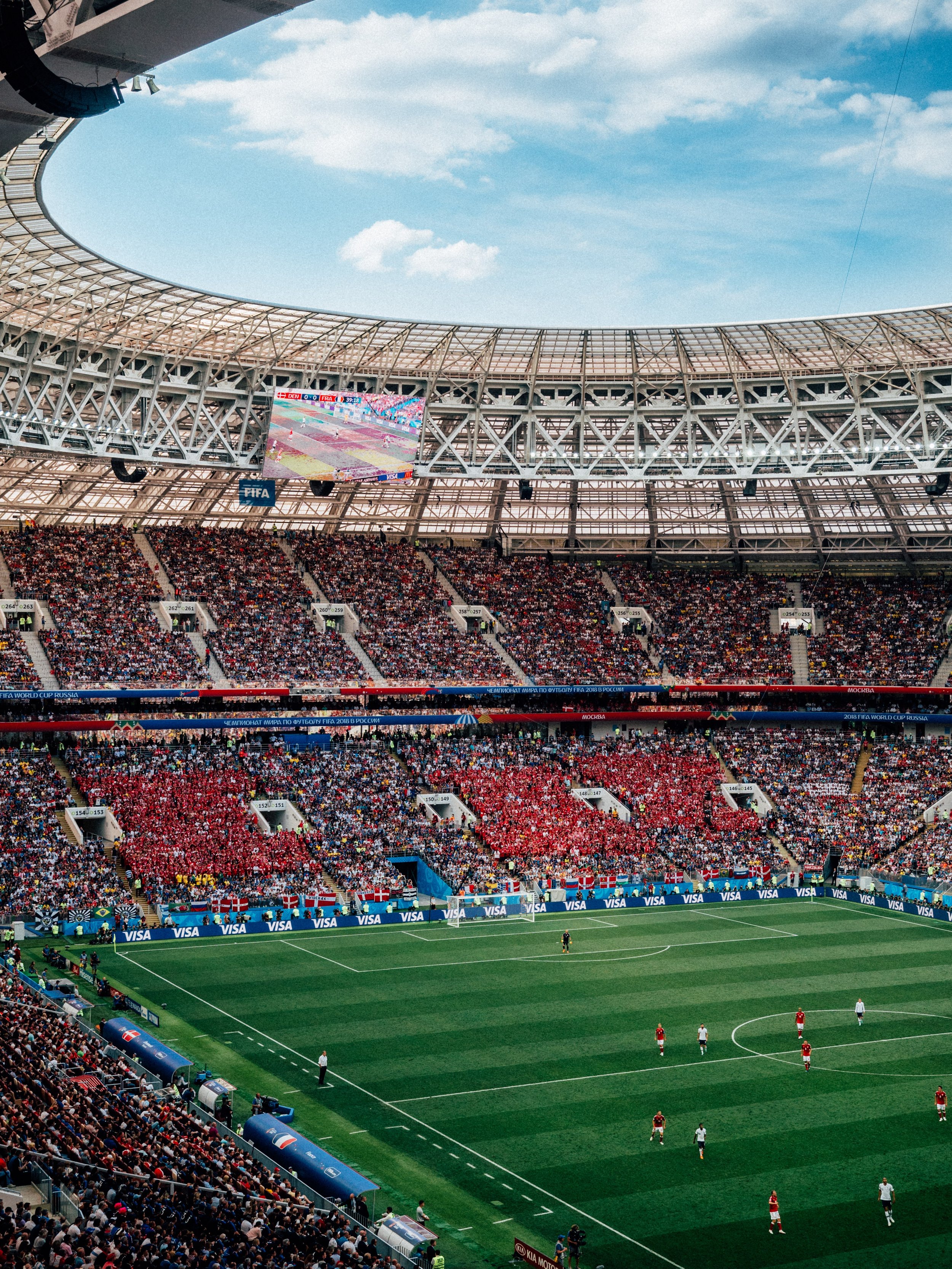
Analyzing team pride: The science behind school spirit
Nick Aldrich, Staff Writer
Photo Courtesy of Tom Grimbert on Unsplash
Everyone has a favorite team that they love to root for. Itís just human nature; people love being a part of a group and competing against others. The same is true for school spirit. People love feeling like they are a part of something.
As a result weíre fiercely loyal to our school and will cheer our players on when we compete. But have you ever stopped to wonder why that is? What compels us to identify with our group, and why do we take pride in it? Dr. Shannon Dobson, Associate Professor of Psychology, believes it to be many different factors. Dobson believes ďit heavily depends on the personís personality.Ē
Some people with more competitive spirits may be heavily involved in school sporting events and are heavily inclined to root for and cheer on their team. Introverted students are less likely to be as excitable over supporting their schoolís teams but are completely capable of being competitive. It simply is a case by case basis. But what causes this fierce spirit of competition within people? Itís simply human nature.
As humans, weíre always seeking out ways to form communities and connect with others. Congregating in teams or groups based on similar factors is just another way that we can make sense of our surroundings. If one is surrounded by people who share something in common with others, in this case a similar alma mater, it gives them the sense of community that humans naturally long for.
So why do some feel the need to form rivalries against of teams of others connected by their own similar traits? Its due to our competitive spirit. Many of us are competitive by nature, and want to be on the winning team. Thatís why people root for their own team as if they themselves are competing. Itís the drive to win.
Once again it is case specific, as most things are, but a great majority of humans display at least a trace of competitive tendencies. These tendencies can further be drawn out when the individual is in a group environment. This can be due to societal factors such as peer pressure to cheer with the rest of the group, as thatís what is commonplace and expected at sporting events. This can even influence how we see others who cheer for different teams, specifically rival teams.
In a recent study, Harvard psychologist Mina Cikara and her colleagues Matthew Botvinick and Susan Fiske at Princeton University considered brain activity when exposing fans of rival teams reacting to footage of the two teams playing. They found that both Red Sox and Yankees fans reacted similarly to seeing both their teams succeed and seeing their rival fail.
Cikara and her colleagues noticed increased activity in the ventral striatum of the viewer, which is ďa region of the brain associated with learning and reward.Ē This indicates that the viewers received pleasure from both watching their team winning and their rival team losing, even if it was against a completely different team. This makes sense considering the almost animalistic drive some people have to see their favorite team win. While some fans might take it too far, being able to be in a group of like-minded individuals competing for a common goal is something truly special for humans.

